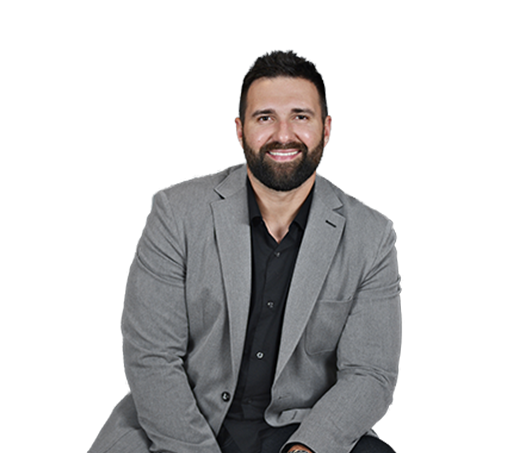
I just returned from the III Brazilian Congress of Hair Restoration Surgery in Rio de Janeiro, Brazil. Some 115 surgeons attended the event from all over the world, including Argentina, Canada, Columbia, India, and the USA. Many fascinating topics were discussed, specifically the repair of post-facelift/brow lift patients, treating the female patient, and treating a larger-than-expected donor area scar.
One new and interesting talk discussed the use of longer donor hairs during transplantation procedures, thereby giving the patient an idea of what his or her later results would be. As with all transplanted follicles, these hairs will still fall out after about three weeks, but it gives the patient a preview of the results immediately after the procedure. This is something I will start to do in the near future in my own practice.
I also found a talk about eyebrow and eyelash transplantation very interesting. The world-renowned expert warned that eyelash transplantation should be done only in cases of injury and not for cosmetic use. However, eyebrow transplantation is expected to grow in popularity over the next few years. I receive a number of requests for eyebrow transplantation each month. Believe it or not, the lack of eyebrows dramatically throws off the balance of the face. It also is described as looking “sickly” and “odd-looking”, according to patients suffering from lack of or low density eyebrow hair.
For my part, I gave a talk on my seven years of experience with low level laser light therapy, and discussed evaluating and managing patient expectations, which is crucially important with any hair restoration treatment. I also stressed the importance of prevention of the progressive conditions of male and female pattern hair loss. I observed that many physicians around the world are quick to recommend surgery when hair loss can often be prevented with properly positioned medical treatments. I also was asked to be part of a panel of experts fielding questions from the physician audience on “how to solve their problems”.
Though my trip to Brazil was mainly for the purpose of sharing information with other surgeons and learning about new treatments and technologies, I must admit that I managed to find the time to enjoy the beautiful city of Rio. I have always wanted to see the Christ the Redeemer statue overlooking the entire city, and the beaches were absolutely amazing!
I return from this conference with the observation that patients’ desires and expectations are the same all over the world. Hair loss affects men and women worldwide, no matter their culture or class. They all need to be educated on the importance of prevention and what can be realistically provided for them. So if someone you know is one of the many men and women suffering from hair loss, please encourage them to schedule a free, confidential consultation to explore the many hair restoration options available. Call 1-800-543-0660 or visit www.hairdr.com.

Dr. Robert Leonard
Founder and Chief Surgeon
What’s New at LHTA
- The September 17th-23rd issue of the Newport Mercury featured Dr. Leonard and a local patient discussing the benefits of the HairDX genetic test for hair loss.
- WJXT Channel 4 Jacksonville (GA) also tapped Dr. Leonard for his insight on the genetic test for female hair loss sufferers.
- Weigh in on Doc’s blog about the new hair loss genetic variant discovered!
|
